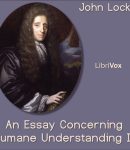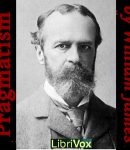
Essay Concerning Human Understanding Book II
John Locke wrote four essays on human (or humane) understanding. Here are a few quotes from the book: “I see no reason to believe, that the soul thinks before the senses have furnished it with ideas to think on. The dreams of sleeping men are, as I take it, all made up of the waking man’s ideas, though for the most part oddly put together. Can the soul think, and not the man, or a man think, and not be conscious of it? Suppose the soul of Castor separated, during his sleep, from his body, to think apart. Let us suppose too, that it chooses for its scene of thinking the body of another man, v. g. Pollux, who is sleeping without a soul. Nobody can imagine that his soul can think, or move a body at Oxford, whilst he is at London. The question is, whether if the same substance which thinks, be changed, it can be the same person; or, remaining the same, it can be different persons? Whiteness and coldness are no more in snow than pain is.” John Locke wrote four essays on human (or humane) understanding. The first and second have been recorded into LibriVox. This recording is a repetition of the second of Locke’s Essays. All of his essays were, and are, very influential. Edward Stillingfleet 1635-1699 (Bishop of Worcester) wrote a Critique of Locke’s ideas and many letters to him. Locke’s Essays inspired Gottfried Leibniz (1646-1716) to write his New Essays Concerning Human […]
